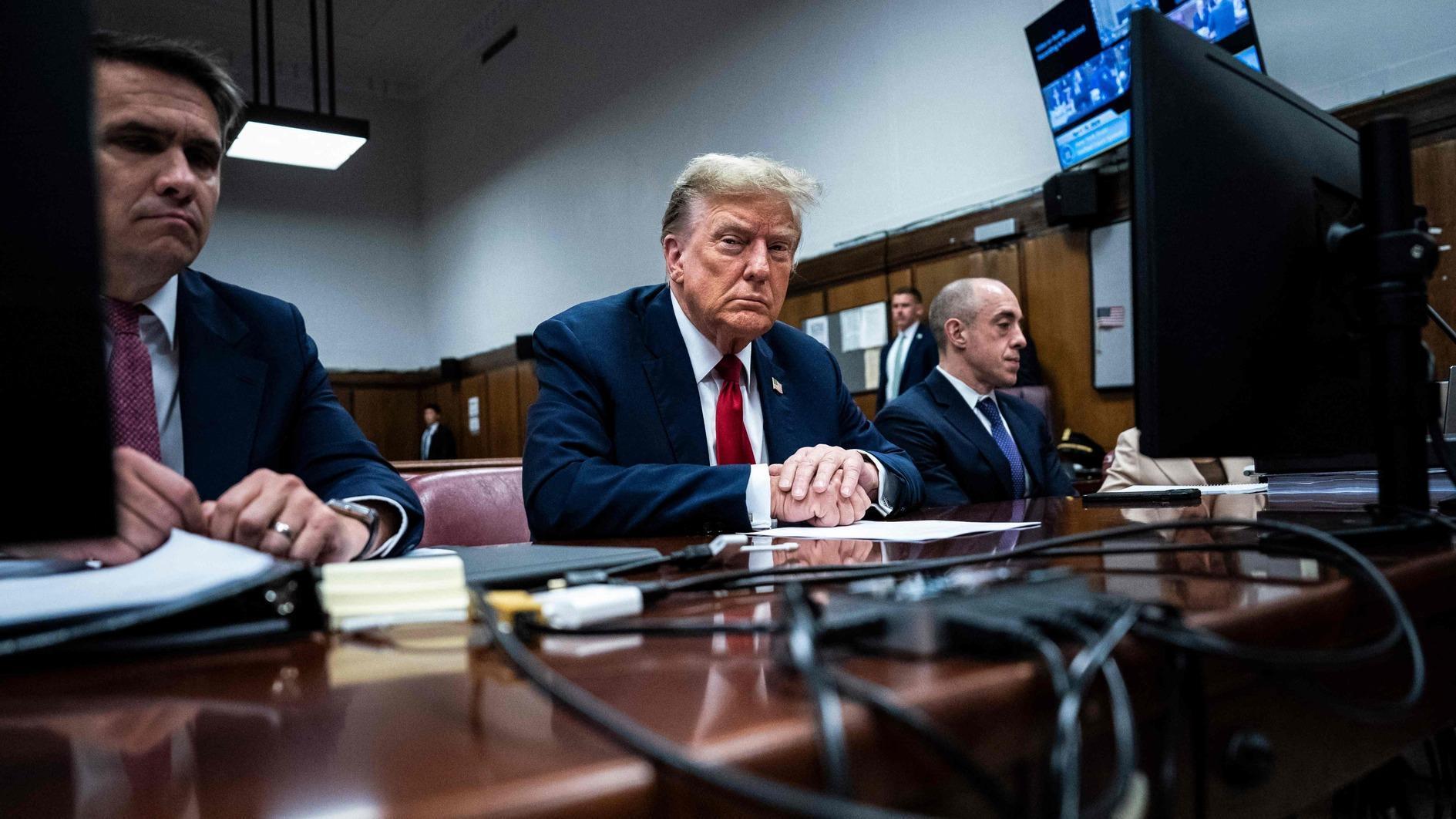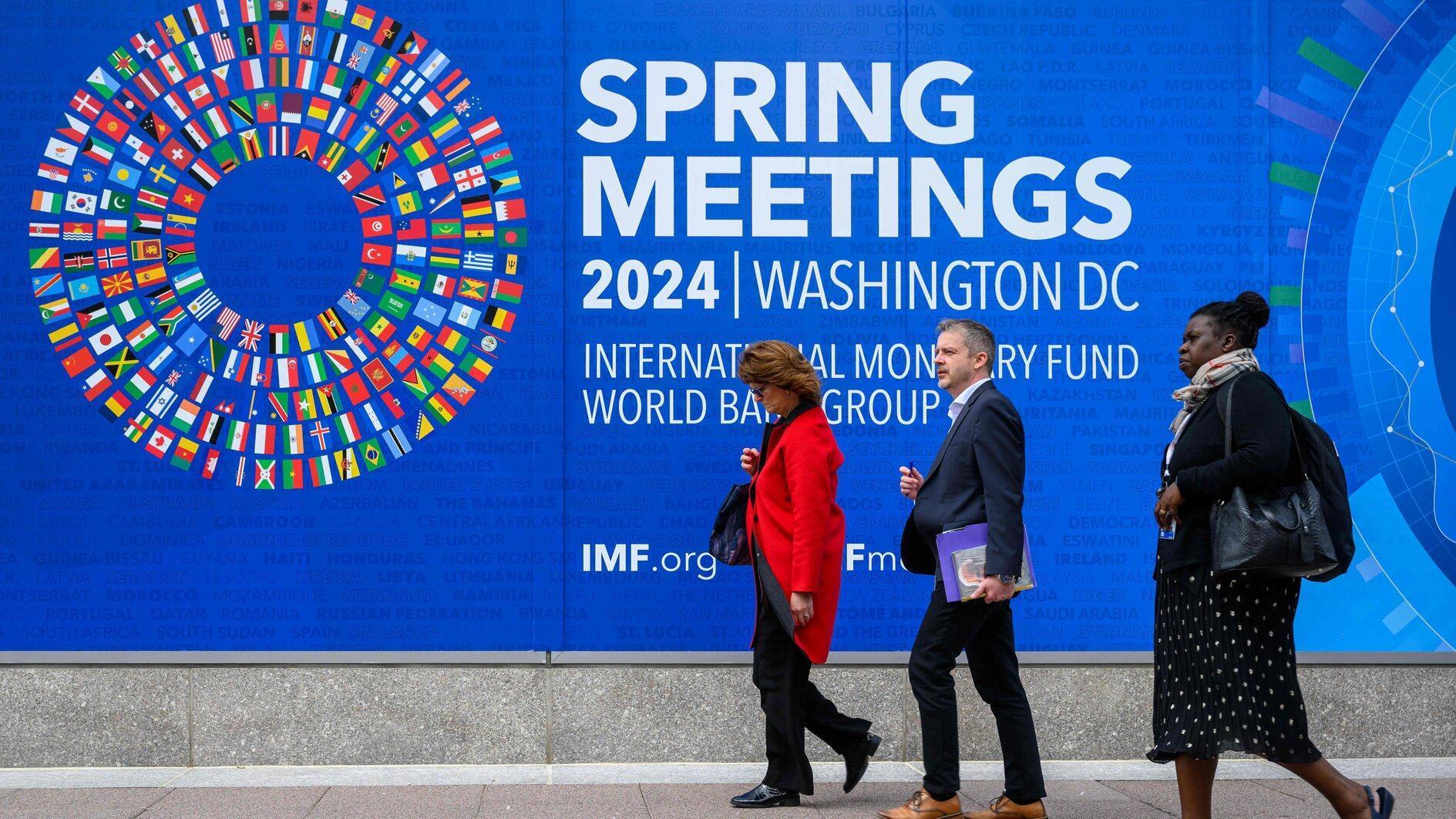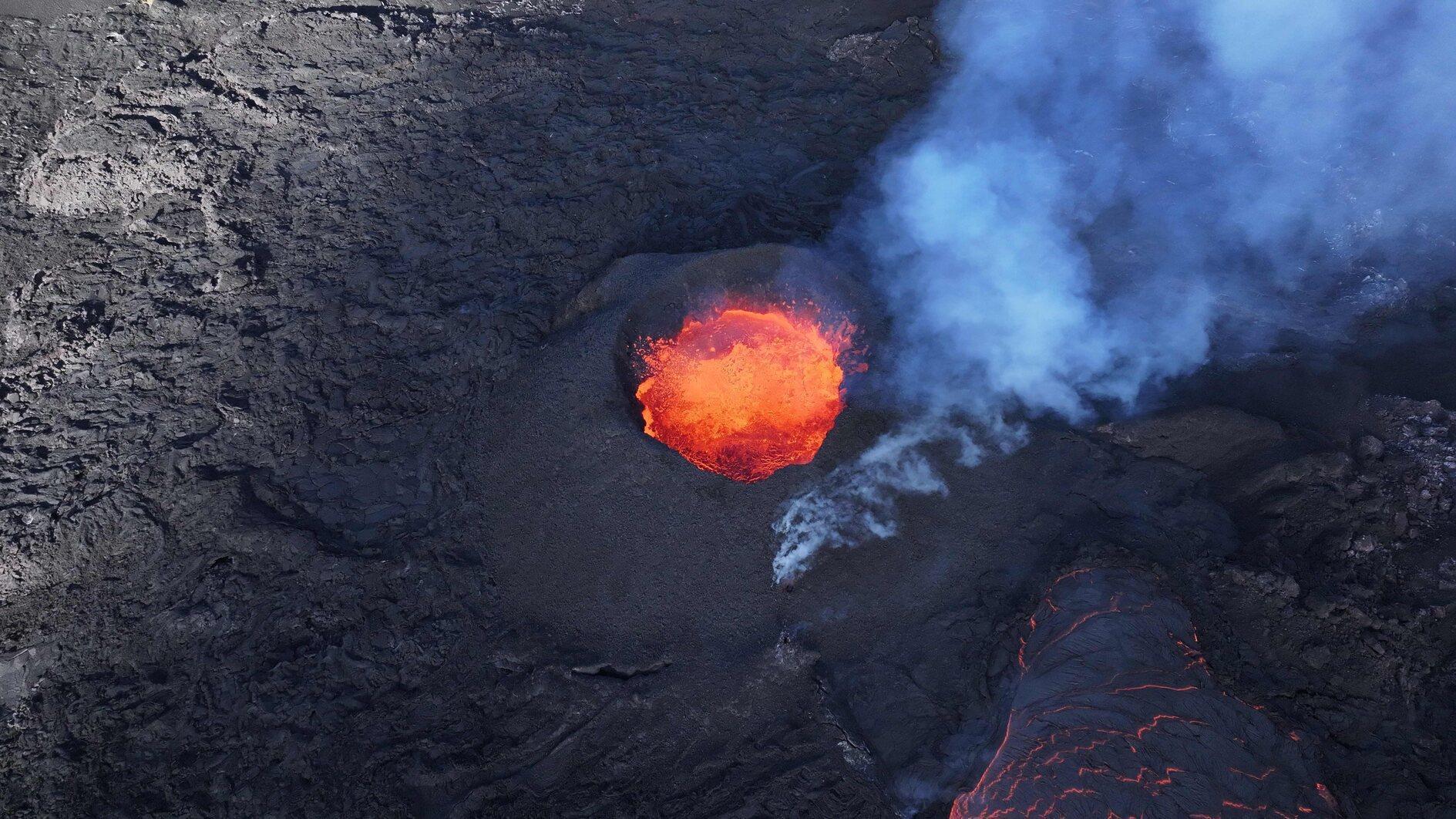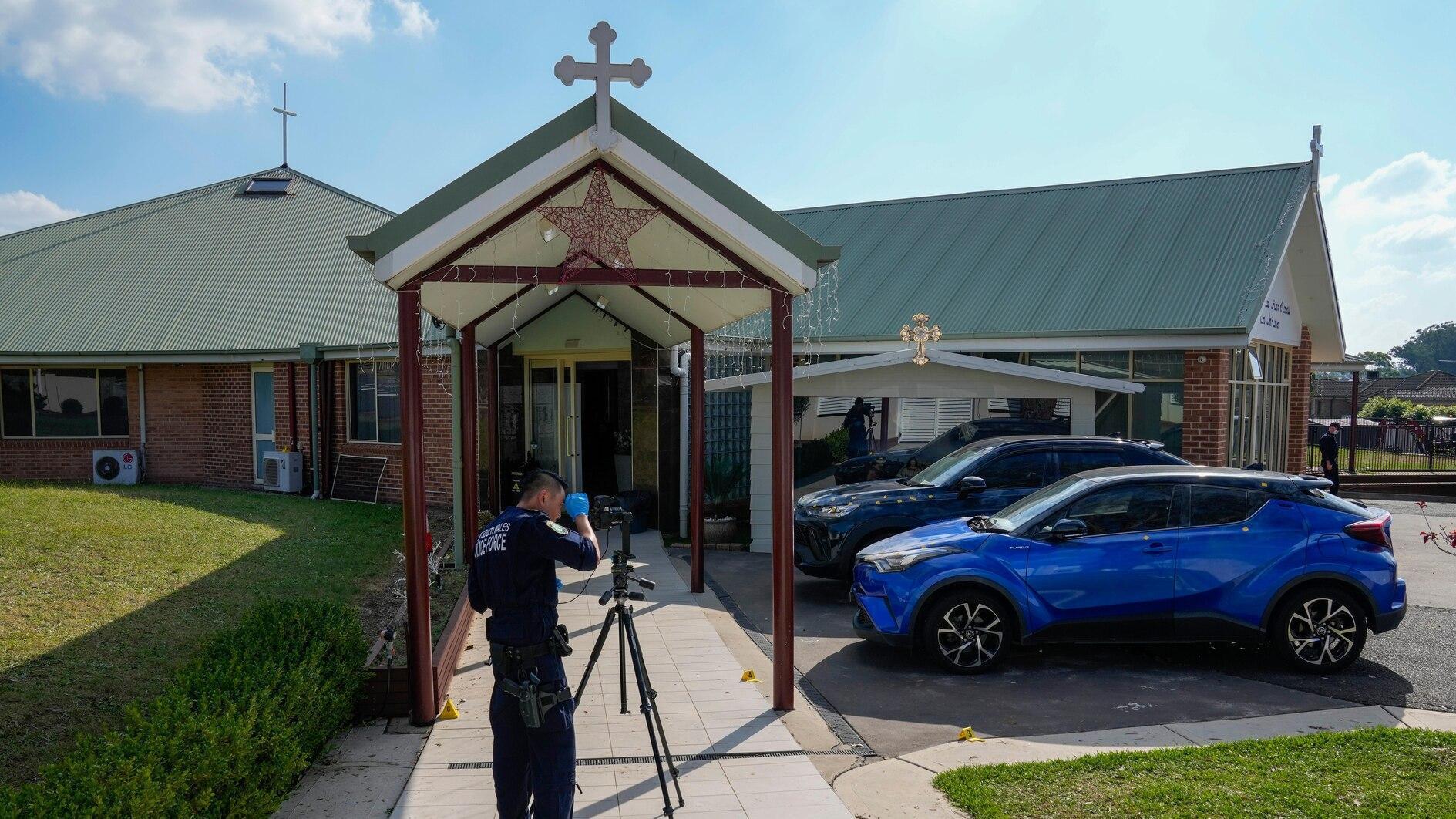The paradox of ‘white’ Turks
In this predominantly Muslim country, whenever there has been a serious challenge to the “white” Turks’ secular democratic governance anchored to the West, the threat was defused through an anti-democratic intervention in politics by Turkey’s strong military. It was so in 1960 and 1971, as well as in 1980 and 1997. Though 1960 and 1980 were full-fledged military coups, 1971 was a “coup by memorandum” and 1997 was, as described by the than deputy commander, a “post-modern coup.” Could it make much difference whether a civilian government was toppled directly by the military or through the efforts of a web of civilian elements, supported or encouraged by the military? In any case, was not the first Islamist prime minister of the country forced to step down at the time?
Each time there was an interruption in democracy, however, the threat did not subside and shortly after “normalcy” was restored and the country moved back to democracy, the “threat” made a comeback, even consolidated. No, the country may have captured a golden opportunity to achieve transition within democracy, to leave behind a very serious challenge to the democratic lifestyle or to eradicate a looming danger of autocracy through the election booth as ought to be the case in democracies. Perhaps, should Turkey manage to close this chapter through the elections, for the first time ever the seeds of a real democracy will be planted on Turkish soil.
If we take the massive recent transformation in Eastern Europe as an example, in the absence of democracy, building democratic governance might become far easier compared to countries with pseudo or peculiar democracy; take Turkey as an example. The pseudo democracy of this country has been nothing more than expecting a false pregnant lady to deliver a baby. Democracy under the boots (of the military) or the clogs (of imams) cannot be much different. Tutelage on democracy of all sorts cannot be acceptable. Could there be any difference between the military tutelage on democracy up until a few years ago and the present-day situation with an absolute ruler regime and the allegiance system many people fear is heading fast toward creating a full-fledged elected dictatorship?
In any case Turkey – white, gray or even the black one – must opt for “civilian and democratic ways” to overcome the challenge this time. A non-democratic interference in this “democratic push” aimed at pulling Turkey mentally and physically back to somewhere early in the previous century might in the short run appear successful or succeeding, but repeated experience has proven just the contrary. For the first time, perhaps, there is a ray of hope, though a very paradoxical hope: change in the election box.
Up until few weeks ago, no one would perhaps think that the clandestine Kurdistan Workers’ Party (PKK) separatist gang and its political extension in Turkish parliament, the Peoples’ Democratic Party (HDP), might become an element to save Turkey’s integrity and consolidate national togetherness. Even though there are serious concerns the upcoming elections might be gerrymandered to keep at least the ruling party in power, it is obvious that if the HDP manages to overcome the anti-democratic ten percent electoral threshold it will serve a very strong blow to the super president hopes of Recep Tayyip Erdoğan. Many analysts agree that a HDP with over 10 percent of the vote will get at least 70 parliamentary seats, siphoning the Justice and Development Party’s (AKP) parliamentary strength.
An AKP forced to abandon the culture of confrontation and feeling compelled to engage in compromise, reconciliation and tolerance will help Turkey diffuse the rampant polarization that the AKP has been resorting in every election period in hopes of success. Once such a massive transfer of governance from the “culture of confrontation” to “culture of compromise” can be achieved, the country can move on to consolidate its democracy in a manner enabling all social colors to find themselves a place in this new national unity rainbow.
With such evaluations many secularist Kemalists, nationalists, patriots or “white Turks” caring for the democratic governance of the country have started to consider burying their past separatist perception of the Kurdish political movement, vote for the HDP and save “national unity,” ensuring the continuation of democratic secular governance in the country.











